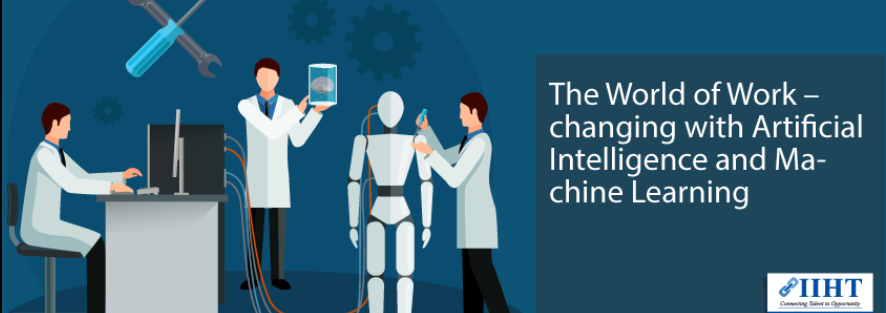There are a number of researches carried out in the recent past with regards to Artificial Intelligence and Machine Automation changing the future of work. Some estimates show that there are technologies that will displace close to 30% of workers across the world by the year 2030.
The Forecast – a serious threat
Let’s take one such study into consideration which was published by an International Company that provides tax and financial services called PrinceWaterhouseCoopers. The study predicts that almost 38% of all American jobs are at high risk for automation by the early 2030s. 21% of jobs in Japan, 35% of jobs in Germany and 30% of jobs in Britain could be at risk because of automation. World Bank warns 77% of jobs in China, 85% jobs in Ethiopia and 69% of jobs in India are at risk thanks to automation. The risk of getting displaced by machines will greatly increase for employees who are not relevantly educated. It is estimated that 46% of employees who do not have a college degree in Britain will be at a risk of losing their jobs to automation very soon. This rate drops to 12% for employees who atleast have a degree.
The new smart tools and Artificial Intelligence machines have potential to replace human minds and even move around the world freely. The greatest displacements of jobs are expected to come in areas of Information Technology, storage, transportation, retail and manufacturing.
Fear of Automation – older than you think
Another organization by the name Rand Corporation announced its take on the effects of AI and automation in the workplace and on jobs. The report of the fear of machines taking over the jobs of humans goes way back by a few centuries ago. Here is a look at some history of automation- During the 16th century, Queen Elizabeth of England refused to grant patent for a device that was used to make clothing material. The Queen, in her defense explained that this device could render several cloth workers jobless, turning them into ‘beggars’. Automation can cause major disruptions due to automation and AI for lower skilled workers. The report states that the future problems have been overestimated without back up of historical evidences. Experts say that it is not the job its self that is getting replaced, but it is the tasks that are getting displaced where the jobs are getting reconfigured over time in order to account for automation. It was also pointed out that it is not possible for companies to completely automate all jobs since it requires a worker to perform the different duties and respond to unexpected situations. There are some jobs that are reported to be very difficult to replace with machines. This includes jobs that require human monitor skills, need creative thinking, and actions and jobs that deal with intense social interaction.
There are some examples of companies like Facebook and Google that make use of AI to limit specific types of content. This may be problematic when it comes to machines that don’t understand cultural norms in the population. The understanding of cultural norms, ethical norms and social norms cannot be easily programmed into artificial intelligence. Another report from McKinsey Global Institute suggests that a third of work activities in 46 nations can be displaced by the year 2030. It is also predicted that automation can force 75 million to 375 million workers into new job roles by 2030.



